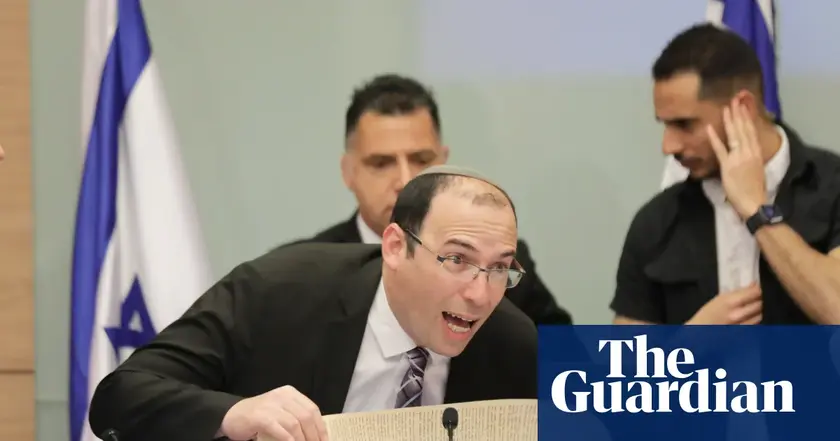T4K3.news
Australia confronts Netanyahu after he calls Albanese weak
Canberra pushes back as it weighs its recognition of a Palestinian state and Israel's response.
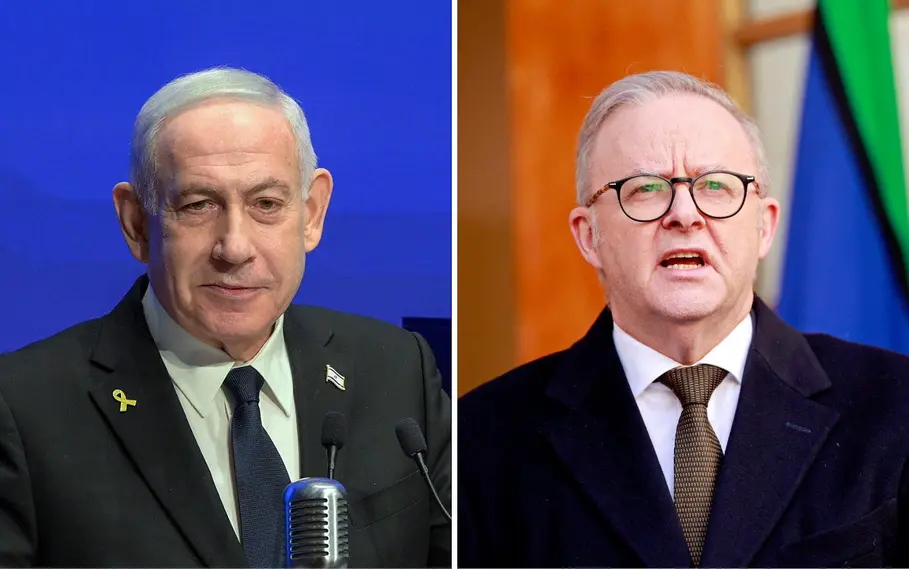
Australian leaders push back after Netanyahu labels Albanese weak, highlighting real strains as Canberra weighs recognizing a Palestinian state.
Australia rebukes Netanyahu over wartime rhetoric
Prime Minister Benjamin Netanyahu called Australian Prime Minister Anthony Albanese a weak politician who betrayed Israel in a post on X. In response, Australian Home Affairs Minister Tony Burke described the outburst as the sign of a frustrated leader lashing out and argued that strength is not measured by violence or hunger. Burke added that some Israeli actions risk isolating the country from allies, which would not serve Israel’s interests in its Gaza war. Albanese, for his part, said he does not take the remarks personally and stressed that Australia will engage with leaders diplomatically, including Netanyahu, while pursuing its plan to recognize a Palestinian state before formal government announcements.
The disagreement follows Canberra’s decision to bar a far right Israeli lawmaker from visiting, triggering retaliatory steps by Israel, including revoking the residency visas of Australian representatives to the Palestinian Authority. Foreign Minister Penny Wong criticized that move as an unjustified reaction at a moment when dialogue is needed. The episode highlights strain in a long standing alliance as domestic concerns, including antisemitic incidents in Australia, shape how leaders balance security, diplomacy and public opinion. The row comes as Australia maintains its course toward recognizing a Palestinian state, a move that could complicate security cooperation and regional messaging.
Key Takeaways
"Strength is not measured by how many people you can blow up or how many children you can leave hungry."
Burke reframes power in humane terms during a tense exchange with Netanyahu.
"I engage with people diplomatically."
Albanese on handling harsh lines from Netanyahu while pursuing policy aims.
"Netanyahu described Albanese as a weak politician who betrayed Israel."
Public framing of the dispute from Netanyahu.
"This is not how you keep friends in the region."
Foreign Minister Wong on Israel’s retaliation moves.
This row is about more than personal insults. It shows how public diplomacy now unfolds in social media and fast responses, where a single post can reroute months of planning. When leaders trade taunts, it risks shifting focus away from policy choices to a contest of who speaks louder. That dynamic can erode trust at a moment when coordinated action is most needed in Gaza and when a two-state horizon remains a key objective for many allies.
For Australia, the test is balancing an independent foreign policy with a long-standing alliance. The decision to recognize a Palestinian state signals political clarity, but it also raises questions about how far Canberra will go in aligning with or pushing back against Israeli policy. The risk is a cycle of retaliation that makes quiet diplomacy harder, raises domestic tensions, and complicates efforts to shape a shared approach to the Middle East.
Highlights
- Strength is measured by deeds, not threats.
- Diplomacy beats insults in a divided world.
- Allies stay strong when they keep talking.
- Leadership means restraint when the ground is unstable.
Diplomatic Strain Between Australia and Israel
The exchange raises potential political backlash and public reaction risks as policy moves diverge. It could affect coalition cohesion, public support for the alliance, and regional diplomacy.
Diplomacy must outpace taunts to keep doors open for peace talks.
Enjoyed this? Let your friends know!
Related News
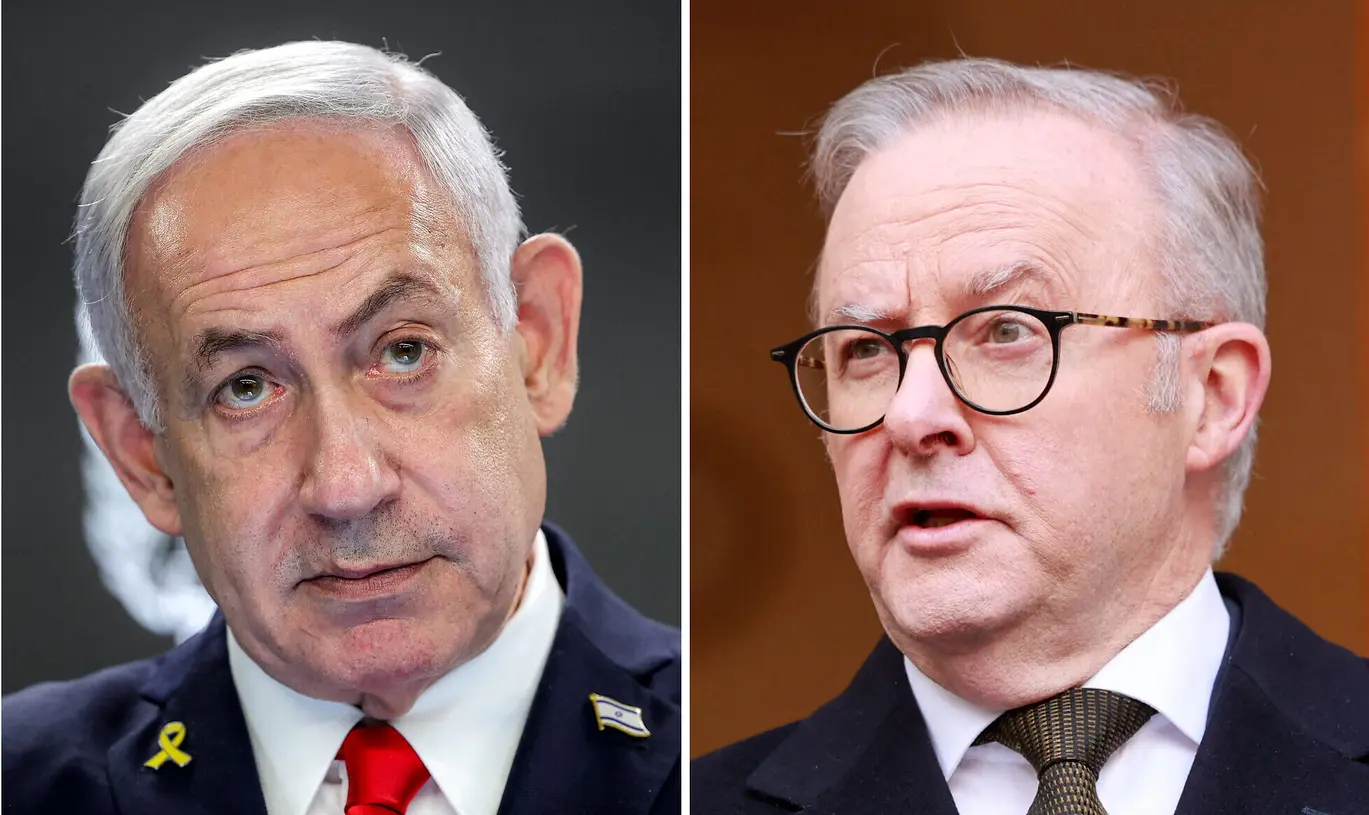
Netanyahu targets Albanese ahead of diplomacy test
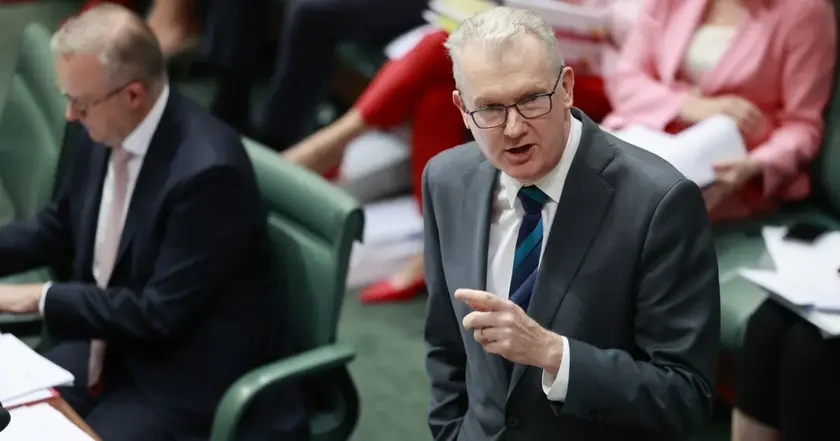
Australia rebukes Netanyahu over Gaza row

Macron rejects Netanyahu claim on antisemitism in France
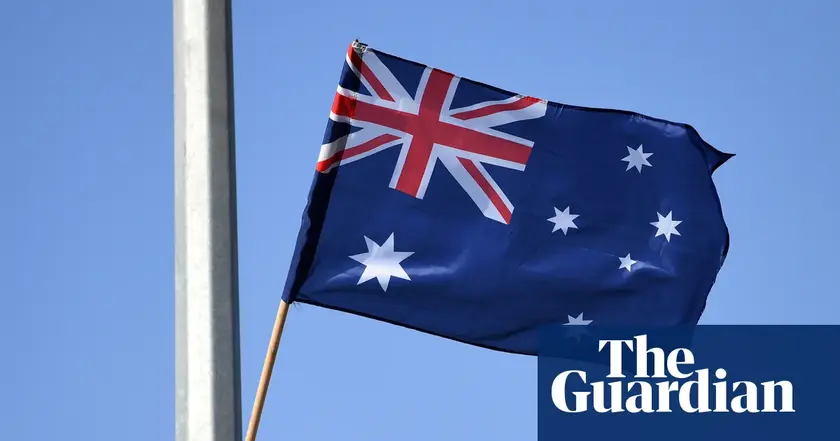
Diplomacy urged in Australia Israel spat
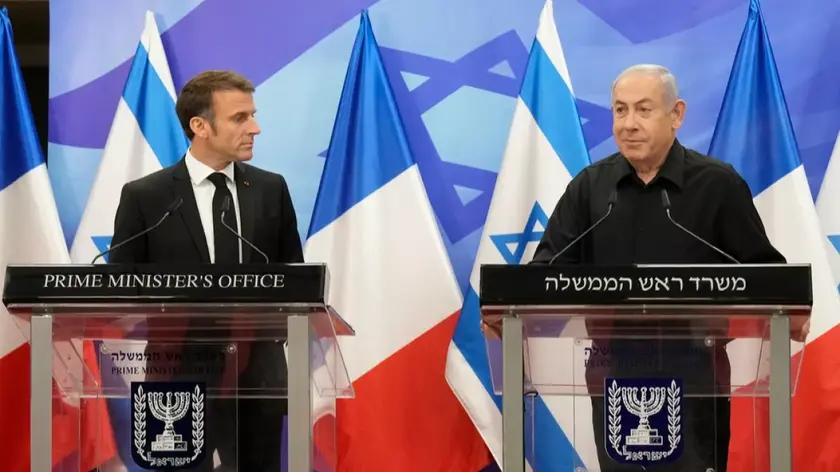
France Responds to Netanyahu Charge Over Macron Antisemitism
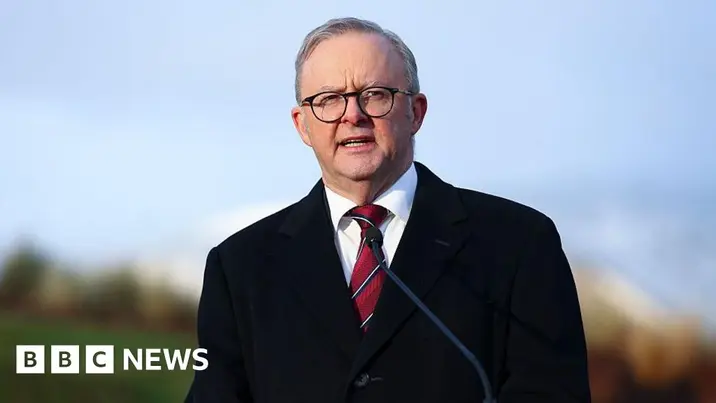
Australia to Recognise Palestinian State at UN General Assembly
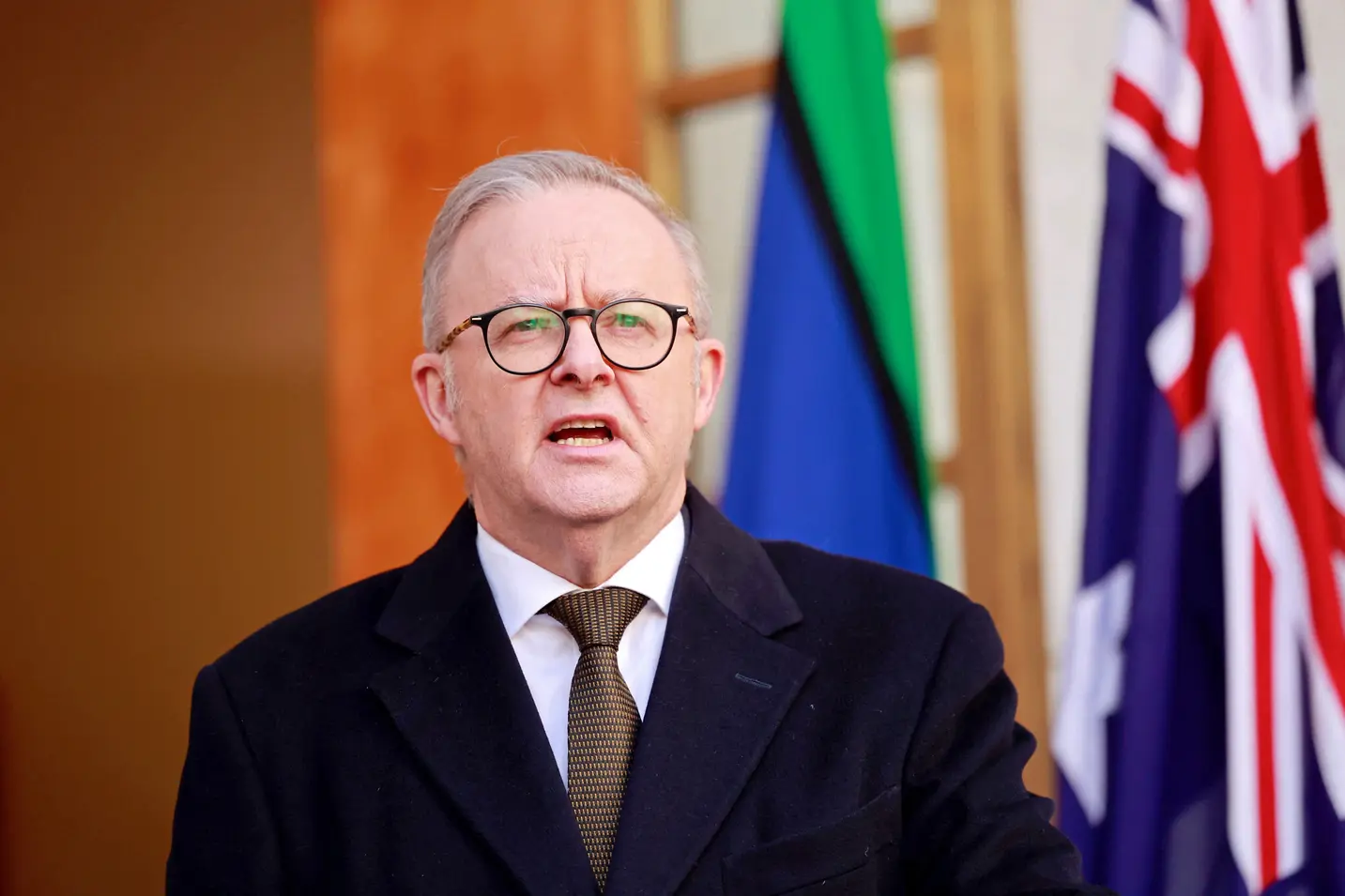
Australia to Recognize Palestinian State in September
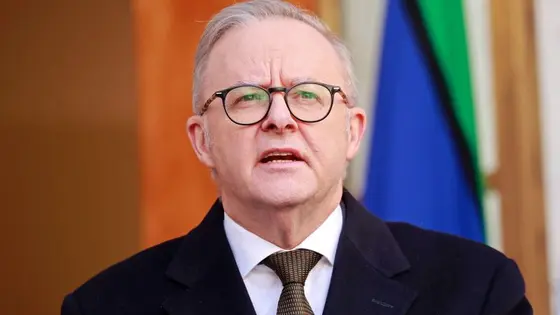
Australia sets September for Palestinian state recognition
